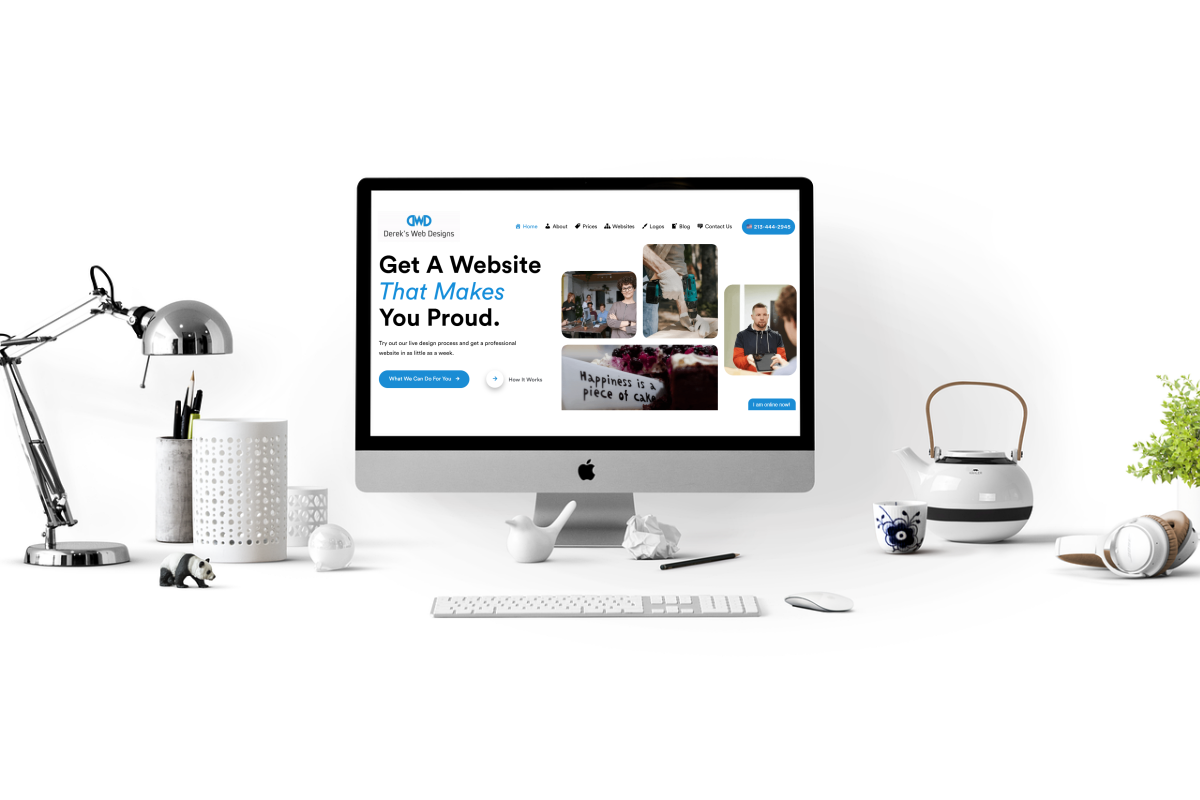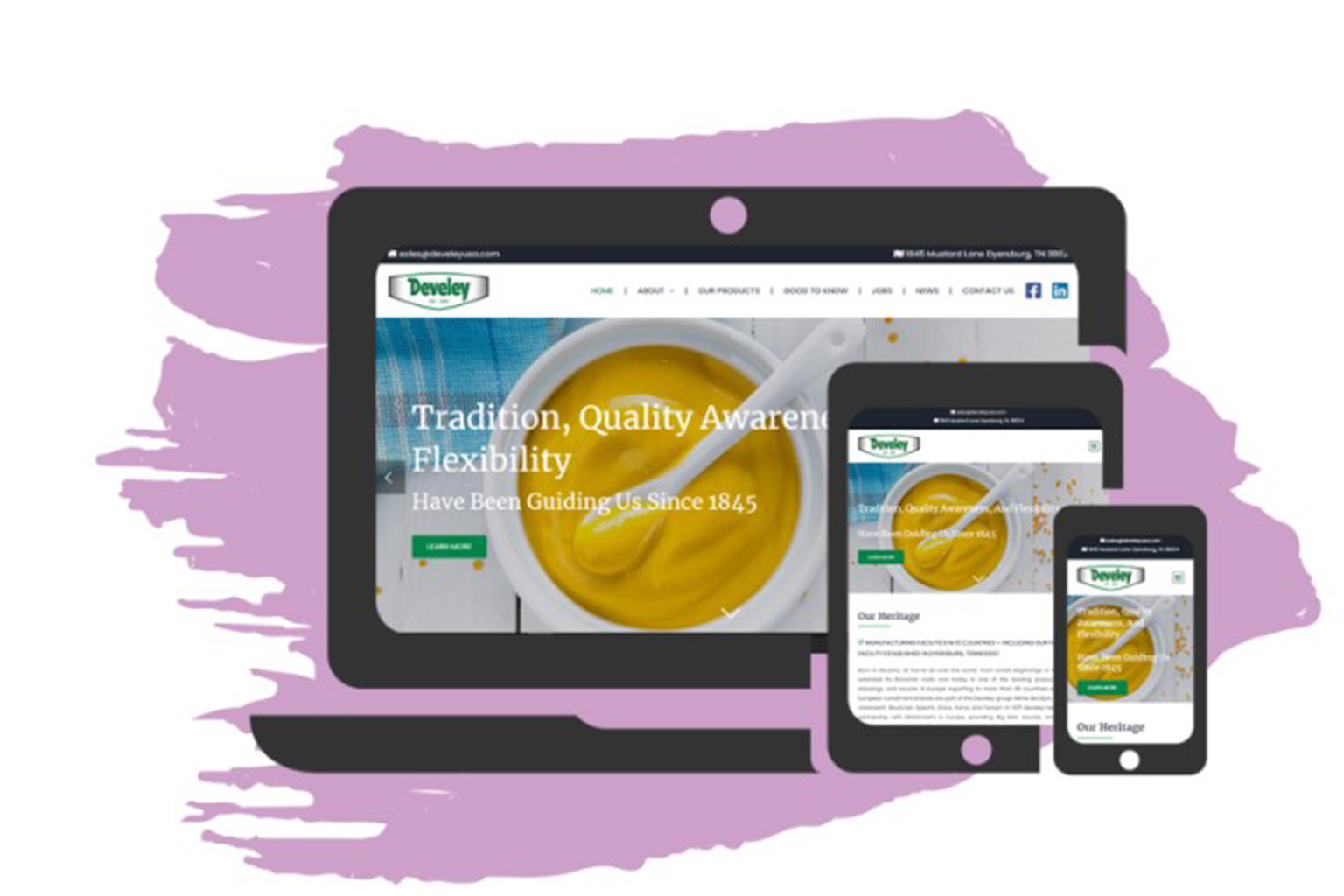Why Website Builders Are Not Good for Businesses: Understanding Their Limitations
A website is a crucial part of any business’s success. While website builders like Wix, Squarespace, Shopify and Weebly promise a quick and easy solution for creating a website, they often fall short of meeting professional and business needs. They may seem like a cost-effective option at first but their limitations can severely impact the growth, flexibility, and credibility of a business in the long run.
Limited Customization & Branding
One of the biggest drawbacks of website builders is their lack of deep customization. Most platforms offer a selection of pre-designed templates, but these templates are often restrictive, limiting a business’s ability to create a unique and branded website. Custom coding options are either unavailable or require costly upgrades, making it difficult to tailor the site to specific needs.
Poor SEO Performance
Search Engine Optimization (SEO) is vital for online visibility, but website builders often fall short in providing the necessary tools to rank well on search engines. Many of these platforms limit access to important SEO settings, prevent full control over metadata, and generate unnecessary code that slows down page speeds. Without proper SEO optimization, businesses struggle to attract organic traffic, reducing potential leads and sales.
Lack of Scalability
A business’s website should grow alongside the company, but website builders are not designed for scalability. As businesses expand, they often require additional functionalities such as advanced eCommerce features, custom integrations, or increased security measures. Website builders impose restrictions on these needs, forcing businesses to migrate to a more flexible platform later—an often time-consuming and costly process.
Slower Performance & Limited Hosting Capabilities
Website speed is crucial for user experience and SEO rankings. However, website builders often use shared hosting environments, leading to slower load times and frequent downtimes. Additionally, businesses have limited control over server settings, making it difficult to optimize site performance and security. In contrast, a custom-built website hosted on a dedicated or managed server offers greater reliability and control.
Generic & Unprofessional Appearance
A website is often the first impression a potential customer has of a business. Unfortunately, websites built using free or low-cost builders tend to look generic, outdated, and unprofessional. The lack of advanced design options, coupled with the presence of platform-branded elements (such as “Powered by Wix”), can make a business seem less credible and established.
Higher Costs in the Long Run
While website builders may appear cost-effective initially, they can become expensive over time. Most platforms operate on a subscription model, charging monthly or yearly fees for access to advanced features. Additionally, businesses often have to pay extra for integrations, premium templates, and third-party apps. These hidden costs can quickly add up, making a custom-built website a more economical choice in the long term.
Limited Ownership & Data Control
When using a website builder, businesses do not have full ownership of their website. The platform controls the hosting and infrastructure, meaning that if the service discontinues or changes its policies, businesses could lose their site or face unexpected disruptions. Furthermore, migrating data from a website builder to another platform can be challenging, as many builders do not offer seamless export options.
The Better Alternative: Custom-Built Websites
To avoid these limitations, businesses should invest in a professionally designed, custom-built website. A professionally developed website ensures full control over design, SEO, performance, security, and scalability. While the initial investment may be higher, the long-term benefits far outweigh the downsides of using a website builder.
While website builders may seem like an easy solution for launching a business website, they come with significant limitations that hinder growth, performance, and customization. For businesses serious about establishing a strong online presence, a custom-built website remains the best choice. Investing in a professionally designed website ensures a scalable, high-performing, and unique digital presence that sets a business apart from the competition.




